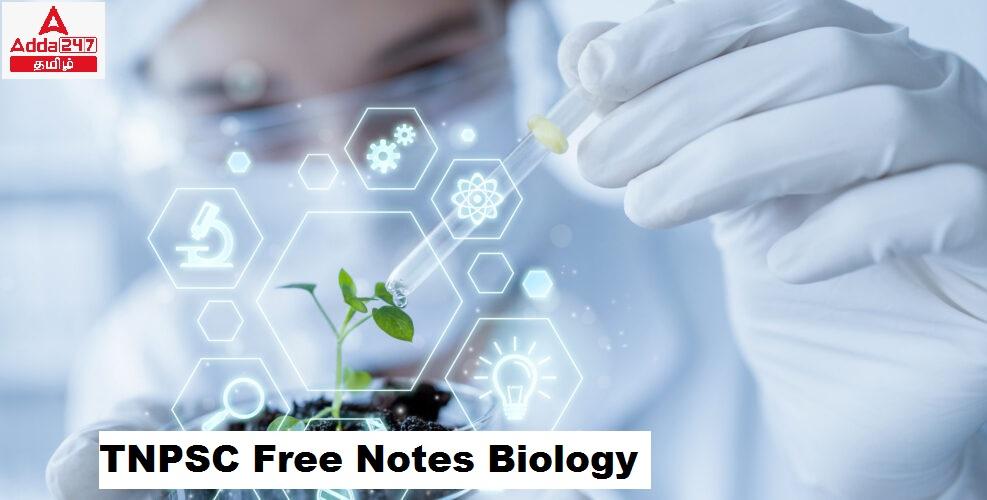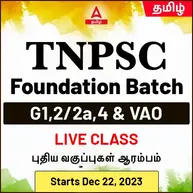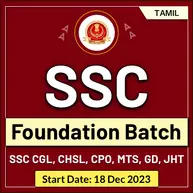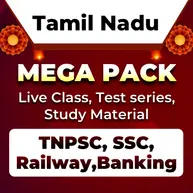இந்தக் கட்டுரையில், TNPSC குரூப் 1, குரூப் 2, குரூப் 2A, குரூப் 4 மாநிலப் போட்டித் தேர்வுகளான TNUSRB, TRB, TET, TNEB போன்றவற்றுக்கான முறைகள் இலவசக் குறிப்புகளைப் பெறுவீர்கள்.தேர்வுக்கு தயாராவோர் இங்குள்ள பாடக்குறிப்புகளை படித்து பயன்பெற வாழ்த்துகிறோம்.
Angiosperms
General Characters of Angiosperms:
The term ‘Angiosperm ’is derived from two Greek words, i.e. ‘Angio’ which
means box or closed and ‘ sperma’ which means
seed.
They occupy every habitat on earth except extreme environment (extreme
hot and cold conditions).
Habit of the plants may be
1. herb (Solanaum melongena)
2. shrub, (Hibiscus rosasinensis) and
3. tree – (Mangifera indica Mango)
They have well developed conducting tissues. (Vascular bundles)
Xylem contains vessel, tracheid, xylem parenchyma and xylem fibre.
Phloem contains sieve tubes, phloem parenchyma, companion cells and
phloem fibres.
Classification of Angiosperms:
Angiosperms are divided into two classes, They are:
1. Monocotyledons
2. Dicotyledons
Characteristic features of monocotyledons:
Seed has only one cotyledon.
Plants have fibrous root system, leaves with parallel venation.
Pollination occurs mostly by wind. E.g. Grass, Paddy, Banana.
Characteristic features of Dicotyledons:
Seed has two cotyledons.
Plants have tap root system, leaves with reticulate venation.
Pollination occurs mostly by insects. E.g. Bean, Mango, Neem
**************************************************************************
| Adda247 TamilNadu Home page | Click here |
| Official Website=Adda247 | Click here |









